“I brought him into the world amidst fire and mortal danger. I want to protect him like a plant protects its blossoms.” The farmer’s wife is talking about her child, an unwelcome arrival due to his disabilities and whom her husband would have preferred to have killed, in the mini-drama “Feldpredigt”, published in Frankfurt in 1907. The author was Regina Ullmann, the daughter of a factory owner, born on 14 December 1884 in St. Gallen, who after the death of her father lived in Munich with her mother and sister and was bandied around as an original writer in the artists’ quarter of Schwabing. Dressed like a farm girl, with a squint in one eye and a slow way of speaking and writing, she impressed literary figures like Erich von Kahler and Albert Steffen as soon as she began to tell a story. Rainer Maria Rilke finally took the “profound, earnest and peculiar creature” under his wing suspecting how closely her first work was connected to personal experience. Taking advantage of her innocence, both Hanns Dorn, an economist, and Otto Gross, an anarchic psychiatrist at odds with Freud and Jung, got the naive young woman pregnant and permitted the two daughters born from the relationships to be raised by farmers in Feldkirchen near Munich.
Unfathomable depth
Rilke noted that Regina Ullmann possessed unfathomable depth, contributed the foreword to her second book “Von der Erde des Lebens” in 1910, edited her poems and regarded her “Geschichte von einem alten Wirtshausschild” from 1925 as an unsurpassable, almost divine pinnacle. When he died in 1926, she lacked a mentor, and although Regina Ullmann converted to Catholicism under the influence of Ludwig Derleth and combined elements of Catholicism with the Baroque and the dreamlike in story collections like “Die Barockkirche” and “Die Landstrasse”, she had to leave Germany in 1937 due to her Jewish origins. After the death of her mother she moved from Austria to St. Gallen where she was provided with accommodation by nuns with the support of the patron of the arts Nanny Wunderly-Volkart and lived reclusively as a tolerated refugee until 1950 when she obtained citizenship of St. Gallen in return for payment. She had wanted to emigrate to the USA for a while. It was surprising therefore that the wonderful, profound writer was rediscovered as an icon of Catholic literature in the Adenauer era, when authors like Reinhold Schneider and Werner Bergengruen were enjoying success, with books like “Der Engelskranz” and “Madonna auf Glas” and that she even became the first winner of the newly founded St. Gallen Culture Prize. However, she did not die in St. Gallen but at her daughter’s in Feldkirchen in 1961.
A posthumous novel
She had endeavoured in vain to write a novel throughout her life and had continually managed to secure funding for this. After her death, the manuscript of a novel entitled “Girgel und Lisette” on which she had clearly spent many years was found amongst her estate. Attempts to decipher the text reveal a disguised account of her relationship with Otto Gross, the father of her second daughter. This brings to light the quintessentially important fact that Regina Ullmann could never overcome the trauma of this relationship and suggests that the enigmatic, unmistakable and often incredibly modern style of writing was not the expression of divine inspiration nor a delayed consequence of her dyslexia but may rather have been the result of deep hurt from a love affair kept secret for a lifetime.
Charles Linsmayer is a literary scholar and journalist in Zurich.
“A different story, the real one, is hidden beneath some of my stories. It may be possible to write it down after a few decades. I have always abandoned any attempts I have made in this direction. I’ve entered so deeply into some of my stories that it is difficult to find my way out again.”
(Regina Ullmann, from “Kurzgefasster Lebenslauf”, in “Ich bin den Umweg statt den Weg gegangen”, a reader, Frauenfeld 2000.
“Die Landstrasse” is available from Nagel & Kimche. The Regina-Ullmann reader “Ich bin den Umweg statt den Weg gegangen”, which contains a detailed biography of the author, can be ordered from charles@linsmayer.ch.
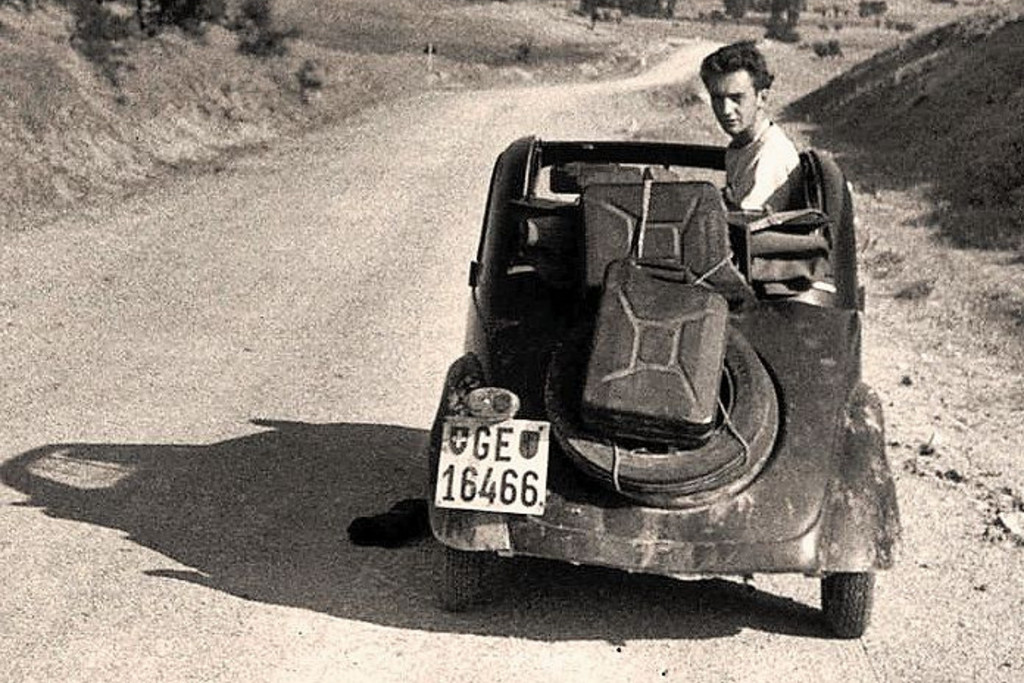
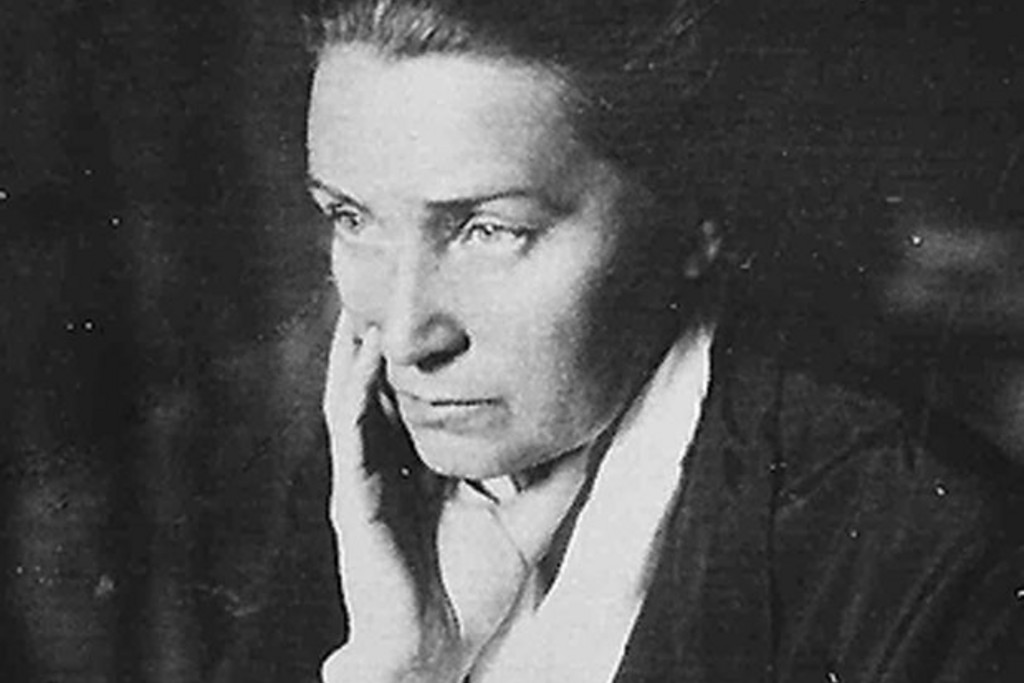


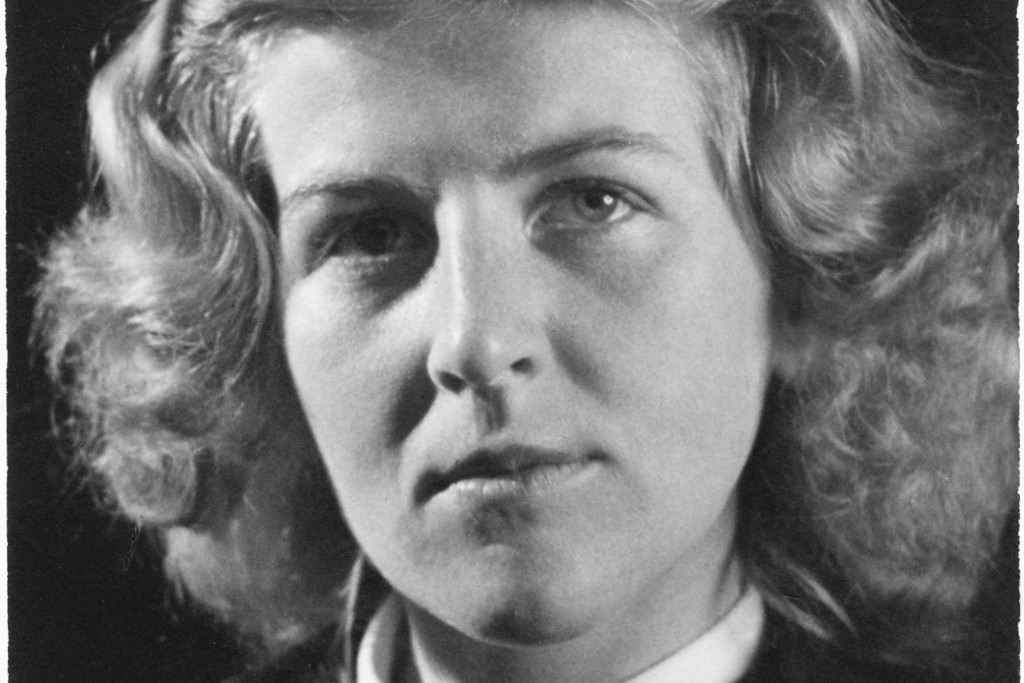
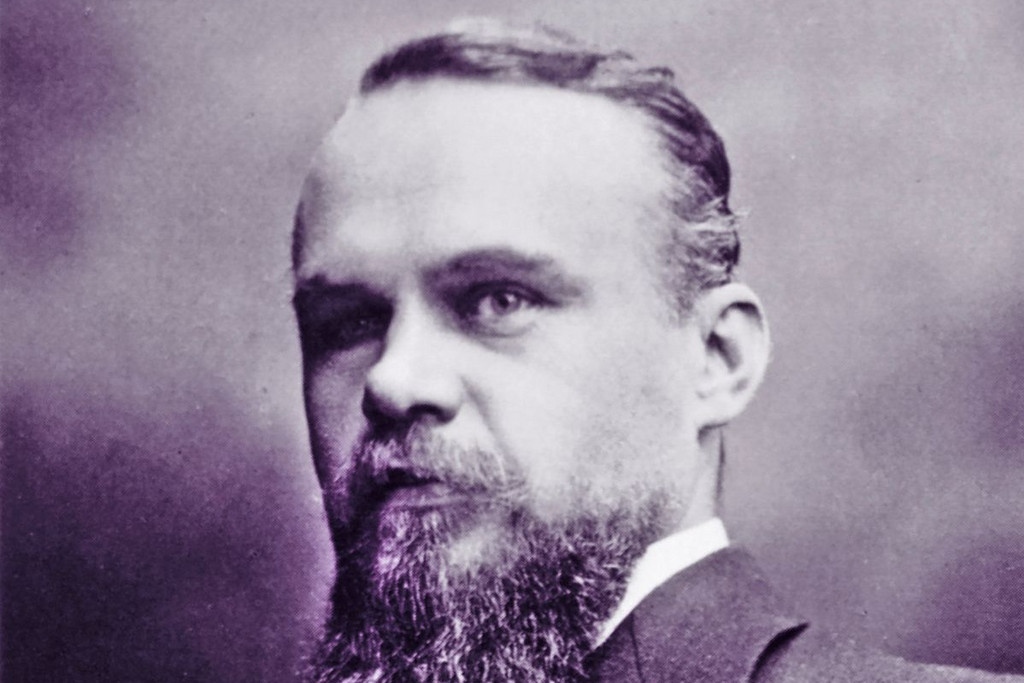
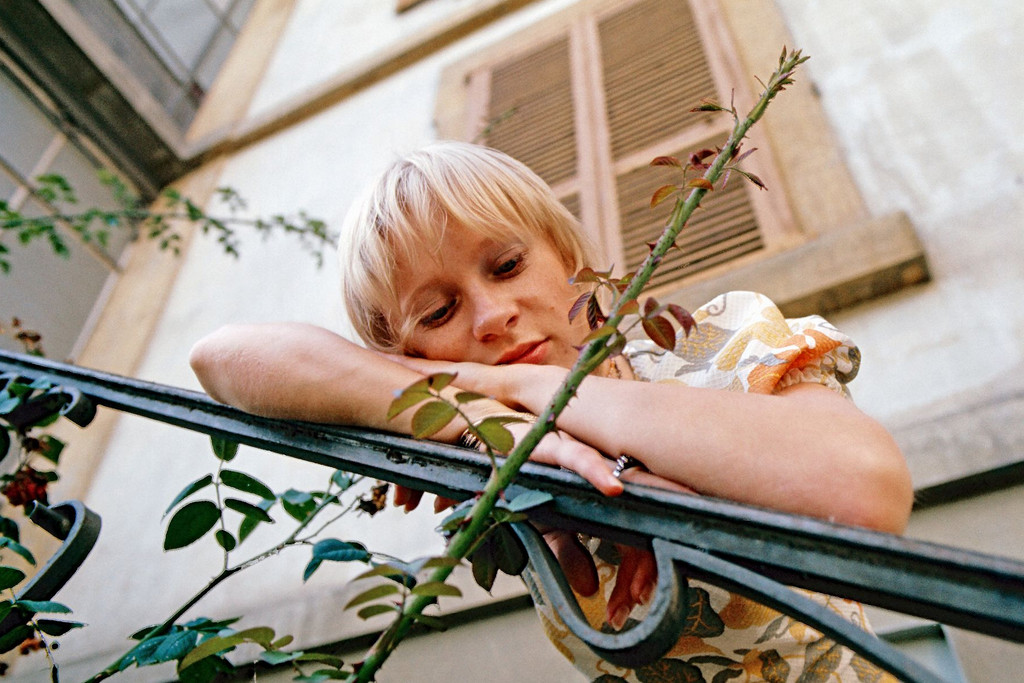
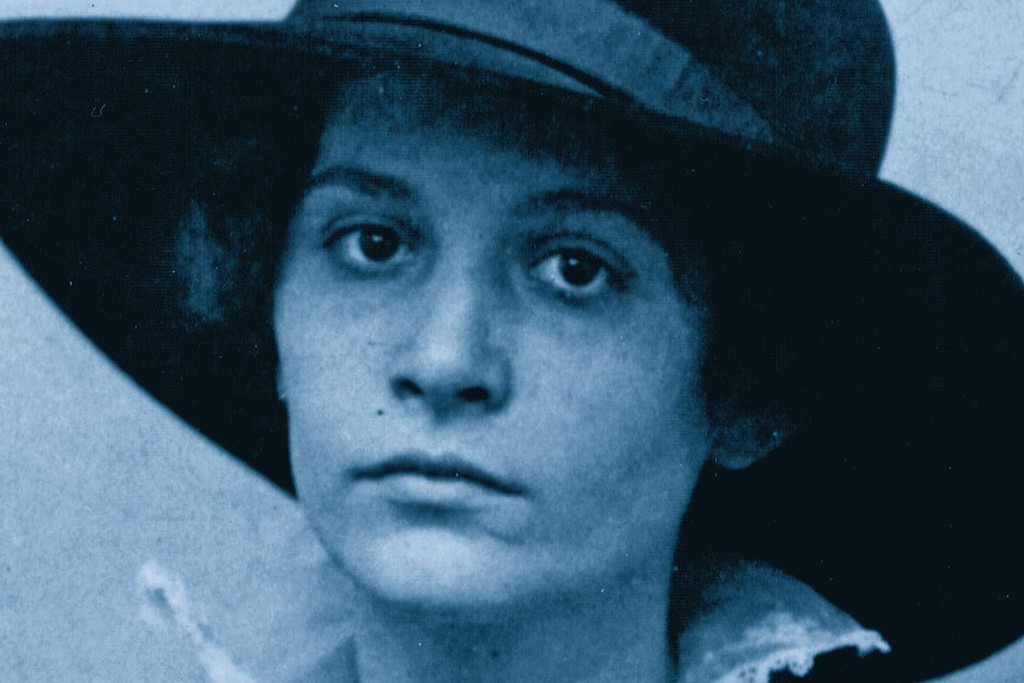



Comments